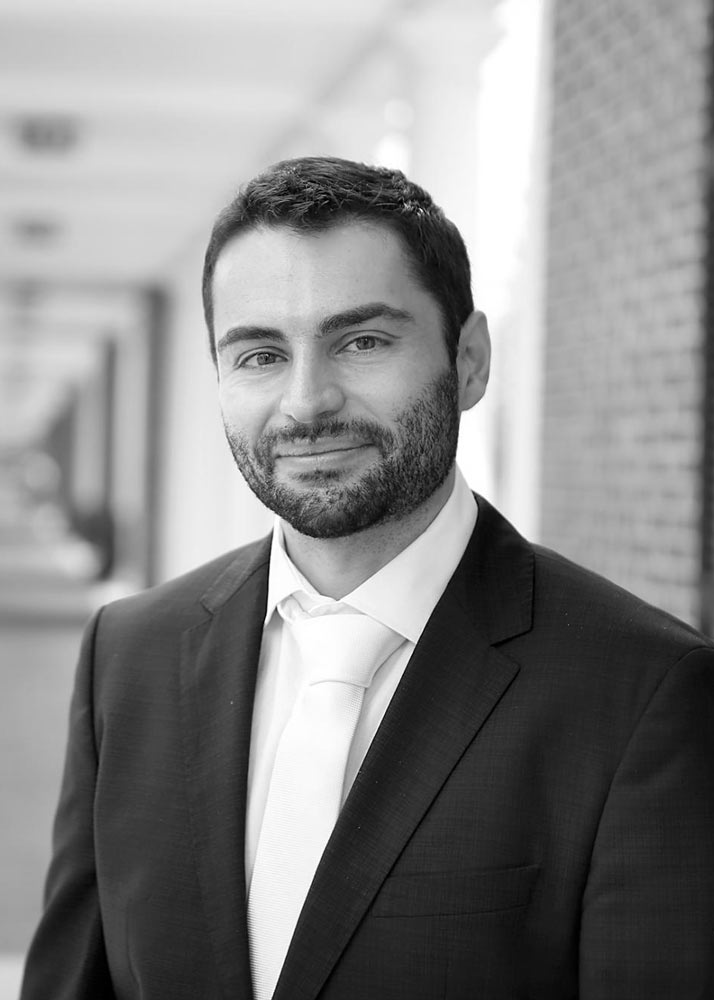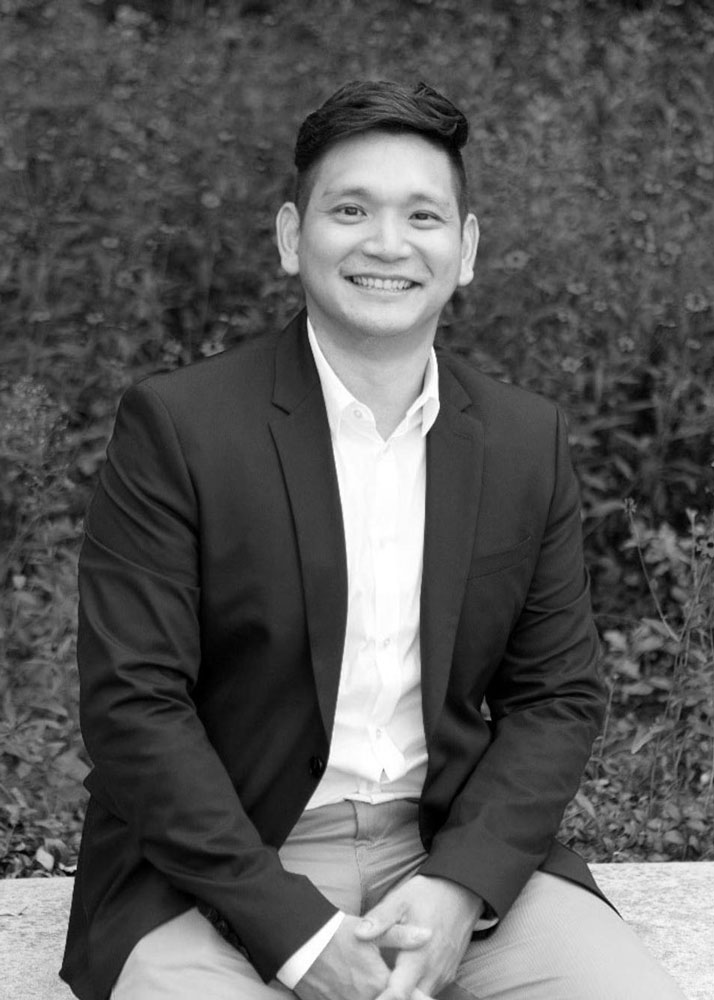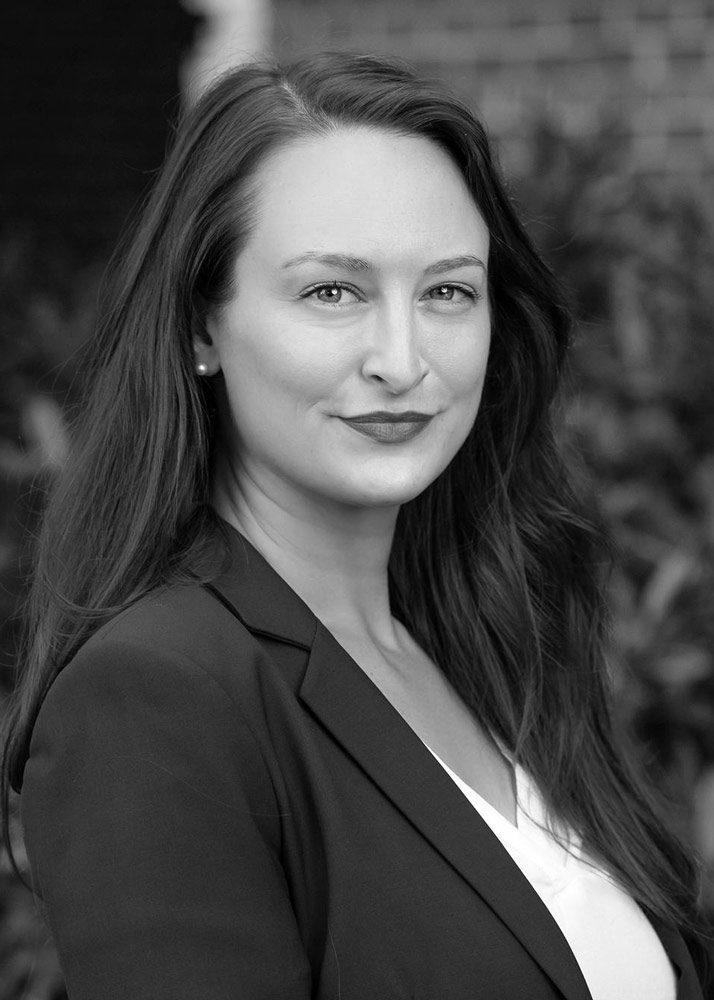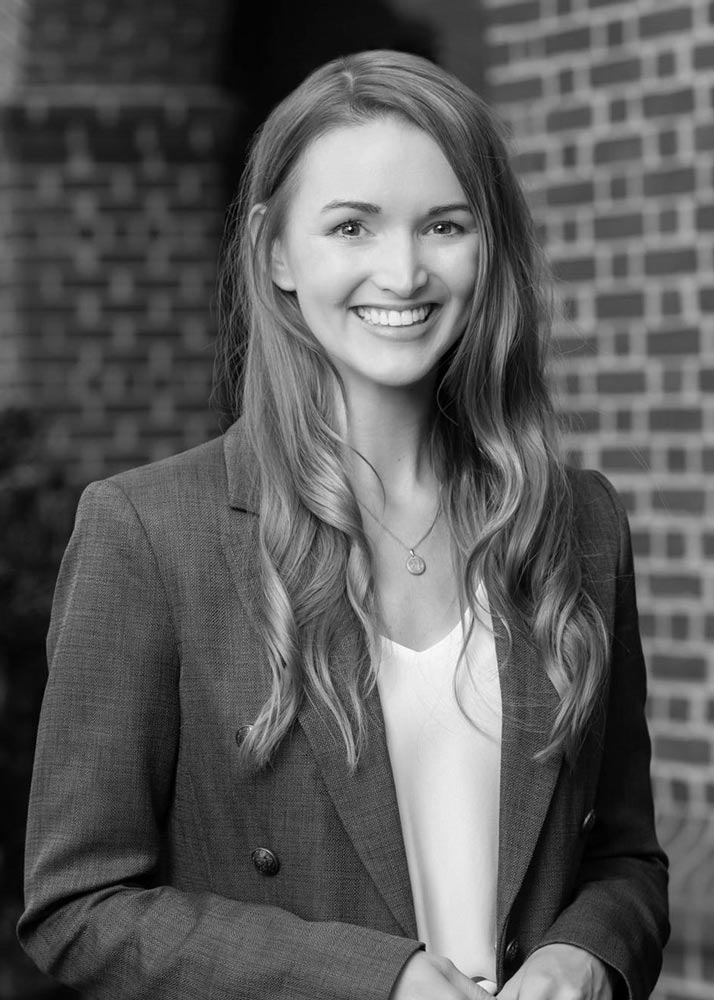Luca Cian – Shedding Guardrails Around AI
Cian has expertise in visual persuasion, psychological response to artificial intelligence, social identity, consumer psychology, marketing research and multimethod research.
“I think this increased use of AI across industries will bring several consequences.
“Right now, OpenAI and all major AI companies have many safeguards or ‘guardrails’ in place. For example, they limit their response on some sensitive topics, or they will refuse to help when asked to create dangerous content. I predict that in 2024, we will see some smaller AI companies offering products and chatbots with no safeguards and guardrails in place. This will result in a deeper discussion regarding the scope of AI products and the rule of the government in establishing – or not establishing – any safeguards. I think many companies using AI will differentiate themselves in terms of what kind of safeguards and privacy policies they will implement.”
Dennie Kim – Empowering Patients Through AI
Kim’s research examines the design and performance of whole organizational networks, and the emergence and evolution of new industries. His current work examines multiple contexts, including disparities in health care delivery, health care reform and blockchain applications such as non-fungible tokens.
“Although health care organizations have been using machine learning and AI for more than a decade, in the next year I am excited to see even more investment in innovations that you and I, our parents, our kids or even our dogs can use!
“Whether through wearables, apps to track and monitor metrics, generative AI assistants to find better insurance or help understand symptoms, or greater use of messaging and digital communication to strengthen the relationship between patients and providers, I expect to see emerging technologies spark greater interest in creating more informed and empowered patients.
“The future of health care hinges not just on advancements on the provider side, but also on the decentralized and organic activation of communities that demand better services, better access and better health outcomes. The unmet needs are massive, and we are in desperate need for business model innovation in this industry.”
Lauren Kaufmann – ESG Investing Hits Reset Button
Kaufmann uses normative and empirical methods in her research on business ethics, including in the areas of social impact, impact investing and gender.
“After decades of swelling support for investing in environmental, social and corporate governance, which could soon account for one-third of all global assets under management, the industry is navigating entirely new terrain.
“In the United States, ESG assets under management fell for the first time in 2022, reflecting a newfound commitment to rigor in a field historically marked by equal parts enthusiasm and measurement ambiguity. With the SEC proposing new disclosure rules to curb greenwashing and enhance the reliability of investors’ ESG claims, industry actors will need to meet the moment with new urgency – and honesty – to maintain the social and economic license to operate.”
Melanie Prengler – Remedying Loneliness in the (Remote) Workplace
Prengler has expertise in the areas of leadership and organizational behavior. Her research focuses on remote work arrangements, as well as how employees can reduce systemic discrimination in their organizations via allyship and anti-racism.
“The playbook on fostering connections at work will need to be rewritten – or at least revised – in 2024, as traditional methods like office lunches, water cooler chats or team-building events have been rooted in the assumption that everyone is working in the same physical space.
“Meanwhile, eight out of 10 employees feel lonely, and in addition to being a painful emotion, it can have negative impact on performance. For many employees, the freedoms of remote work came at a social cost, and agile organizations will need to find creative solutions to remedying loneliness that simultaneously preserve employees’ capacity to be flexible and work from home.”








